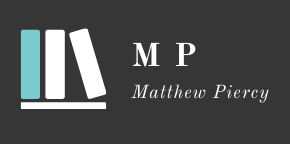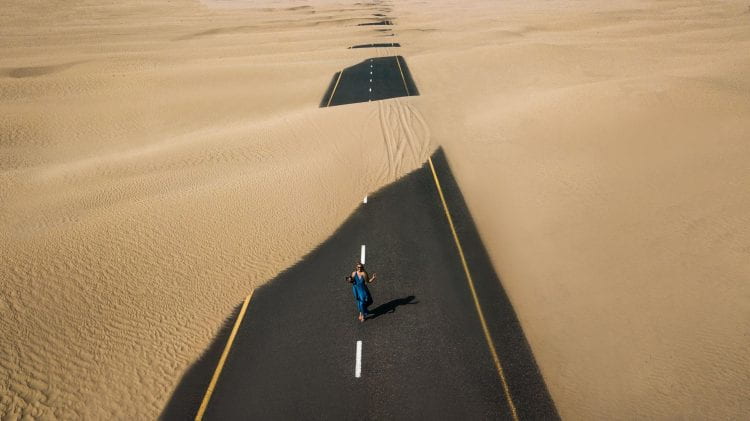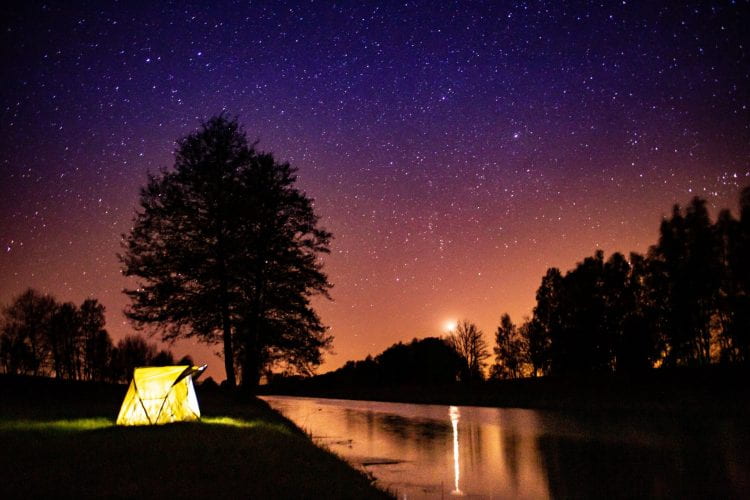Just yesterday I was asked by a student’s parent, “If you could wave a magic wand at anything in education, what would it be?” Being in a continual state of reflection of all-things-education, I did not hesitate to answer on a more global scale. What tops the “in need of a magic wand” list for me is authenticity. This includes the overemphasis on standardized testing (high-stakes college admissions tests too!), as well as the need for education to serve as a mechanism for “real world” applications. After our conversation, I thought back on an article I wrote in April of 2021 for Getting Smart titled, “Transforming the Landscape of Education”. In it, I alluded to “personalization, authenticity, and transferability”. As I attempted to make more sense of all I observed on a recent visit to Dubai, I used the same “trifocal” lens.
The point of a December visit to Dubai was to attend COP28 and the United Nations Climate Change Conference. The fact that Dubai hosted COP28 was not only ironic but may have added insult to injury. Past summits have not exactly resulted in an active addressing of global climate change. The need to “walk the talk” is entirely relatable to educational rhetoric. A close friend of mine is increasingly growing impatient with dialogue. He shared the proverb “ready, fire, aim,” a reminder to not delay any longer in taking action. It is likely to fare even better than planned action. There may even be truth behind the devil smiling when we sit and make plans. Besides, don’t we already know enough about the problems, to know what to do?
A past colleague shared recently how the director of his school boldly decided to add Capstone and Advanced Placement (AP) curricula to their existing International Baccalaureate program. Not because it was best for students but because the school, the director used the word “business,” is in a “saturated market.” Keeping up with the Joneses and a dependency on economic models may not be the best strategy for the long game and is not in the best interest of preparing learners for the exciting and uncertain times we already face. Rather, the nexus is in providing students with pathways of personalization. Where the learning they do makes a difference today and prepares them for tomorrow. Albeit, as tangible as growing vegetables or doing interview projects with the elderly. Approaches akin to this are about inclusivity and equity. Not exactly a pervasive feeling in Dubai, where upon arrival at the airport the taxi driver professed, “Dubai is for rich people.” This was a sensible claim after my near interrogation and uncovering how he works 10 months a year, 7 days a week, and 12 hours a day. On a purely commission basis and in a country with no minimum wage, if my Math was correct, his annual earnings are around $14,000.
Stripping Away All Pretense
Though I was in Dubai for just a week, I came away feeling like it could be summed up in a single word. Mirage. A rather ostentatious one too. Though it is clean, an international business hub, and virtually faces none of the social ills such as homelessness and drug abuse plaguing so many cities in the United States, I quickly brushed up against a reality not congruent with the facade. A city of superlatives. The world’s tallest building, biggest fountain, etc., etc. Skin-deep appearances are to be kept. Handbags which cost thousands of dollars, possibly as much as the annual salary of a taxi driver, and flashy sports cars. Dubai is about a mortgaging of the future and an incessant development of Herculean scale. The United Arab Emirates is an immigrant nation, where just 12% of the population is Emirati. A nation built literally out of the sand in just five decades. Income inequality and labor rights remain chief concerns. Head wounds that seldom even receive bandaids. One must not dig deep to learn more about how powerful and profitable construction companies are. As well as their omnipotence. Often, the businesses and the government are one.
Before this year’s climate talks, there were already reports of labor rights abuses at the very site of COP28. Built to host EXPO 2020, the European Parliament boycotted the event and called on Member States to not participate because of human rights abuses. Even with an abundance of glitz and glamor, a visitor need not strain their eyes to see inequity. Lining the highways are labor camps, and concrete housing structures more resembling prisons than homes. Yet, employers who have 50 or more employees and pay less than AED 1,500 per month (approximately $400) are required to offer housing. There are even more labor camps out of sight and surely out of mind. After all, most visitors to Dubai are here to see what they want to see. Nonetheless, the city skyline, technological advancements, and recent sustainable labels attached to nearly everything are marked by contradiction. In a twisted manner, sustainability is being employed. “Political and business leaders in the UAE understand that burnishing environmental credentials are incredibly important for presenting the country and cities like Dubai as modern,” says Professor Natalie Koch, a specialist in political geography at Syracuse University. Regardless of whether or not the truth is being told and/or sold, there are two things humanity is unable to run from. They are truth and the future.
What the future holds for the United Arab Emirates appears to be precarious. Even more so, as “development” shows no intention of decelerating. Sands shifting is a very real phenomenon, even if left undisturbed, “sands are in constant motion” determined by a recent study published in Nature Communications. What might this say about cities springing out of the desert in such a short time? The impact of millions of people has the sands unfathomably shifting. Ecological disruption, waste, extreme temperatures, and water scarcity are as “authentic” as the sun’s morning rays. The extremes one would expect of a desert are ignored, attention being directed toward the world’s largest artificial islands, colossal shopping malls, or a top-rated water park. Some of which have the gall to be marked “sustainable” even. How long this delusion might last is only a matter of time. One cannot help but marvel at how befitting 19th-century poet Percy Shelley’s words were in “Ozymandias”. A visionary depiction of collapse. Inevitable decline where the unethical smacking of “sustainable” and other “green” labels is merely pretense.
“My name is Ozymandias, king of kings:
Look on my works, ye Mighty, and despair!”
Nothing beside remains. Round the decay
Of that colossal wreck, boundless and bare
The lone and level sands stretch far away.”
Breaking the Hostage State: Climate Talks, Education, and Action
In education I often find myself asking, “What is normal”? The education system we currently know has been around for only 150 years. A system designed for control and mechanization, we often are encrusted in yesterday’s ways of thinking. Much bolder approaches must be taken. Where there is not only inspiration but aspiration. Where we gladly throw out the bath water to save “the baby.” The design of choices IS ABSOLUTELY POSSIBLE and can happen quite quickly. Consider how in my lifetime humanity has burned 80% of all the fossil fuels ever burnt. Humanity can consume what it wants…and fast!
Climate talks and education are riddled in politics. Commonplace traditional schooling is not being addressed to scale, similar to the accelerated rate the earth is heating up. Neither education nor COP are fully responding. Though the science is clear, how can we applaud the slowing down of burning fossil fuels? A much more immediate plan with actions to stop burning fossil fuels is what is needed. Professor Daniela Schmidt of the University of Bristol sums up the necessary immediacy in action, “The time for talking is over. Delaying change further is indefensible. Pretending that reducing emissions by 2050 is enough and ignores the dangerous, life-threatening consequences of our anthropogenic heating of the planet.” Similarly, it is crucial to prioritize the designing of optimal learning experiences for students NOW, rather than focusing solely on a distant future. United World College is pioneering a course in partnership with the International Baccalaureate called, The Systems Transformation Pathway. It is divided into three components (Core curriculum, Enquiry into impact areas, and Impact area specialization). Though a stand-alone course, the Systems Transformation Pathway is a beginning. One bent on action orientation and focused on authentic real-world learning instead of being classroom-based and exam centered.
The framing of climate talks and movements forward in education must be free of politics. 2500 oil lobbyists at this year’s COP28, a number far more than the indigenous representation, was counterproductive and was purely a positioning for argument. Abolitionist and orator, Frederick Douglass said it best, “At a time like this, scorching irony, not convincing argument, is needed.” Could there be more irony that a nation built on oil wealth, spearheading discussions on sustainability and environmental preservation? If that is not scorching enough, consider how COP29 is set to be in a city (Baku, Azerbaijan) where one of the world’s first oil fields developed 1,200 years ago! A coming home or maybe an origin story of sorts, as climate talks bent on transitioning away from fossil fuels are hosted by a nation where oil and gas account for 90% of their exports.
Just as nations face a transformative imperative, shifting from fossil fuels, so too must education. Where we embrace personalization, authenticity, and transferability. Climate talks and the future of education can no longer be held in a “hostage” state. A situation where there is almost a spellbound freezing in one’s tracks. Or worse yet, a dishonest celebration leading to a plan of even more far-flung crisis. Nor can we tolerate any longer the diversionary wag-the-dog approach, where there is an amalgam of calculating, “If others do not act, I don’t have to either.” This is not only self-destructive but devastating to humanity. The time for truth and action is now.
Could COP, “Conference of the Parties,” be a “Championing Of Planet” or might it remain a “Center of Pantomime”? The choice is ours.
######################


